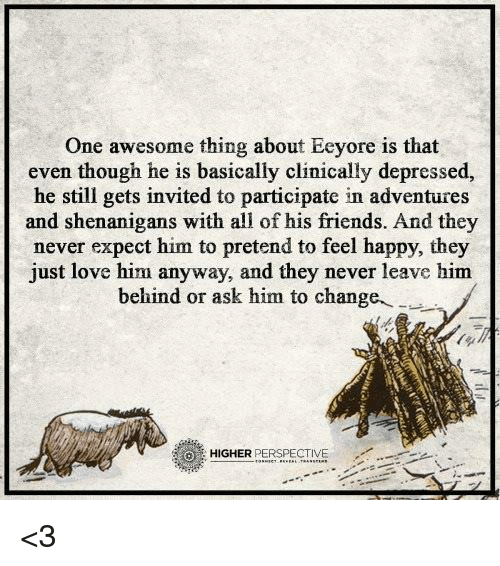|
When I first started working in the field of deathcare, I was worried that no one would want to talk to me at parties. What would I say when asked what I do for a living? “Ummmm, I help people plan for their eventual death?” In this lonely fantasy of mine, I imagined the guest spitting out their drink in shock or suddenly excusing themselves to “take a phone call.” To my surprise, I’m actually quite popular at parties. It seems that death is “in.” It’s trending! I’m finally a part of the in-crowd! The validation feels nice. But I don’t want to seem too trite. I believe my new popularity actually signals the start of an important and long worked-for culture shift where people are remembering the power of accepting death. In an ideal world, preparing for end-of-life is something that happens from birth. It’s woven in to the fabric of our lives, so commonplace that we don’t always know we are doing the important work of preparing for our inevitable end. But most of us didn’t grow up that way and we are now struggling to catch up. And by “catching up” I don’t mean you need to hang out at cemeteries (though there are some beautiful ones in the Victoria area that are great for a picnic as well as several music festivals held at local memorial gardens). Instead, start by creating just a little space in your life to think and talk about death. Here’s a few ways you can start:
Thanks for sharing your precious time with me. Please share this post with people you think it might inspire. In gratitude, Chelsea
0 Comments
|




 RSS Feed
RSS Feed
